test
Conduct innovative research projects alongside world-class scholars in subject areas such as microfluidics, biomedical diagnostics, biofuels and advanced materials.
Chemical Engineering – Master of Science (M.S.) and Doctor of Philosophy (Ph.D.)
In the Chemical Engineering graduate program at Montana State, graduate students advance knowledge at the frontiers of their field to generate solutions in medicine, energy systems and more. With a variety of degree paths that include a Master of Science (thesis and non-thesis) and Ph.D. options, graduate candidates are able to further their studies in a variety of ways. Chemical Engineering students enjoy a variety of opportunities to investigate research topics with vital hands-on learning opportunities within lab entities such as the Center for Biofilm Engineering, as well as the support of award-winning faculty who are recognized leaders in their areas of expertise.
In addition to the research-focused M.S. and Ph.D. programs, the Department of Chemical and Biological Engineering also offers a Master of Engineering degree in Chemical Engineering.
Montana State engineer and associate professor Stephanie McCalla was awarded the National Science Foundation CAREER award, the most prestigious award for developing young researchers.

Carnegie Classified
The prestigious Carnegie Classification of Institutions of Higher Education® ranks
Montana State University among the Top 5 public, 4-year universities for Very High
Research Activity with a STEM-dominant research doctoral program.

Adventure Awaits
LendEDU has ranked MSU #1 in Outdoor Recreation, due to its proximity to world-class
skiing, blue-ribbon rivers for fishing and seemingly endless hiking opportunities,
as well as access to rental equipment from the ASMSU Outdoor Recreation Program.

Center for Biofilm Engineering
Montana State's Center for Biofilm Engineering has been a world leader in biofilm
research for more than 25 years, pioneering discoveries with far-reaching implications
in industry.
Fund Your Education
The Graduate School at Montana State is dedicated to helping students secure funding during their time at MSU. Some resources the Chemical & Biological Engineering department and Graduate School offer includes:
- The Benjamin Fellowship, given to three new Ph.D. students in the Norm Asbjornson College of Engineering
- Internal Fellowship and Funding Opportunities
- External Fellowship and Funding Opportunities
Additionally, most of our incoming graduate students are funded with teaching assistantships for at least their first year. During that period, they connect with faculty and typically receive research assistantships for the remainder of their graduate studies. Applicants must be admitted before being considered for funding.
Change the World
Our interdisciplinary research is solving real-world problems. Recent projects involving graduate students in the Chemical & Biological Engineering department include:
- Field-testing microbial chemistry for sealing hard-to-fix leaks in oil and gas wells
- Creating new low-cost tools for diagnosing malaria and other diseases in low-resource settings
- Developing new, environmentally friendly ways of getting more biofuel energy out of agricultural biproducts like corn stover

Careers after Graduation
Graduate alumni in Chemical Engineering embark on a wide range of careers within 10-years of their graduation.
Nearly 50% are working in academia and about 43% in for-profit. Top industry employers include Montana State University and Dupont.
Across all career paths the estimated salary of alumni within 10 years of graduation ranges from $90,000 to $120,000 with an average of $105,000 (source of data Academic Analytics).
Admissions Requirements
Note: no GRE Required.
Each program within the Graduate School at Montana State has its own particular requirements for admission, and the Chemical Engineering program is no different. To ensure that you start your application on the right foot, please review the admissions requirements for the Chemical Engineering program. This includes any additional deadlines that the Chemical and Biological Engineering department may have aside from the Graduate School, which does practice rolling admissions.

